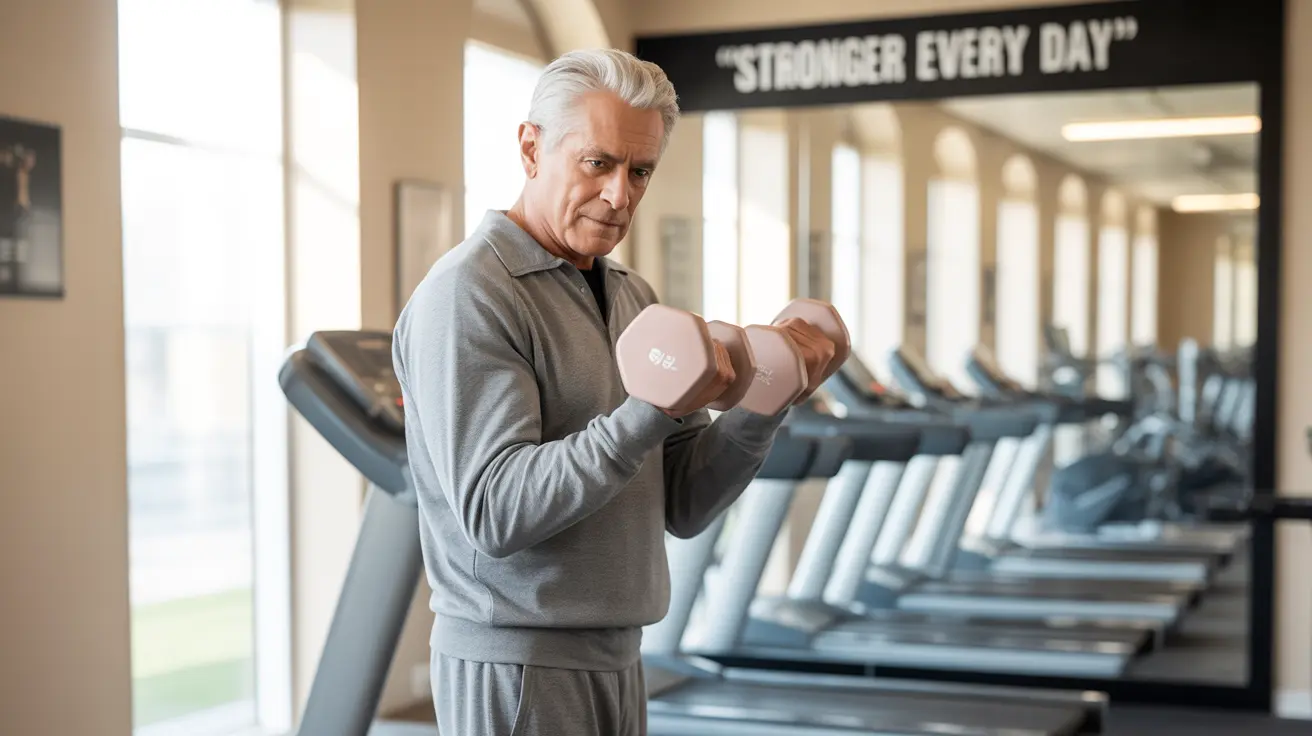Losing weight at age 70 requires a carefully balanced approach that prioritizes health, safety, and the preservation of muscle mass. While weight loss can be challenging for older adults, following evidence-based strategies can help achieve sustainable results without compromising overall well-being.
This comprehensive guide explores proven methods for safe weight loss in your 70s, with a special focus on protein intake, exercise, and lifestyle modifications that support healthy aging.
The Importance of Protein in Senior Weight Loss
Maintaining adequate protein intake becomes crucial when losing weight after 70. High-quality protein helps preserve muscle mass and bone density, which are particularly important for older adults during weight loss.
Research suggests that seniors need more protein than younger adults, especially when trying to lose weight. This increased protein requirement helps combat age-related muscle loss (sarcopenia) while supporting healthy weight management.
Best Protein Sources for Seniors
Focus on these nutrient-rich protein sources:
- Lean poultry (chicken, turkey)
- Fish (salmon, tuna, cod)
- Eggs
- Greek yogurt and cottage cheese
- Legumes (beans, lentils)
- Lean beef
- Plant-based options (tofu, tempeh)
Creating a Safe Calorie Deficit
Weight loss requires consuming fewer calories than you burn, but seniors should avoid dramatic calorie reductions. A moderate deficit of 250-500 calories per day is typically safe and sustainable for older adults.
Healthy Eating Guidelines
Follow these principles for safe weight loss:
- Choose nutrient-dense whole foods
- Control portion sizes
- Eat regular, balanced meals
- Stay hydrated with water
- Limit processed foods and added sugars
Exercise and Physical Activity
Regular physical activity is essential for healthy weight loss in your 70s. The right combination of exercises helps maintain muscle mass, improve balance, and support bone health.
Recommended Exercise Types
Include these forms of exercise in your routine:
- Strength training (2-3 times per week)
- Low-impact cardio (walking, swimming)
- Balance exercises
- Gentle stretching
- Chair exercises when needed
Monitoring Health During Weight Loss
Regular health monitoring is crucial when losing weight at 70. Work closely with healthcare providers to track progress and adjust strategies as needed. Pay attention to energy levels, strength, and overall well-being throughout the weight loss journey.
Frequently Asked Questions
How can a 70-year-old safely lose weight fast with a high-protein diet?
Focus on consuming 1-1.2 grams of protein per kilogram of body weight daily, combined with a moderate calorie reduction of 250-500 calories. Include protein at every meal, emphasize whole foods, and maintain regular physical activity for safe, sustainable weight loss.
What are the best protein sources for older adults trying to lose weight?
The best protein sources include lean meats, fish, eggs, dairy products, legumes, and plant-based proteins. These foods provide essential nutrients while supporting muscle maintenance during weight loss.
How much protein should a 70-year-old eat daily to lose weight and keep muscle?
Aim for 1-1.2 grams of protein per kilogram of body weight daily. For example, a 70-kg person should consume 70-84 grams of protein per day, spread across multiple meals.
Can increasing protein intake help seniors preserve bone and muscle during weight loss?
Yes, adequate protein intake helps preserve both muscle mass and bone density during weight loss. Combined with strength training, higher protein intake supports maintaining lean body mass while losing fat.
What role does exercise play in weight loss and bone health for a 70-year-old?
Exercise is crucial for successful weight loss and bone health in seniors. Regular physical activity, especially strength training and weight-bearing exercises, helps maintain muscle mass, improves bone density, and supports overall metabolic health.
Remember to always consult with healthcare providers before starting any new weight loss or exercise program, especially at age 70 or older. They can help create a personalized plan that considers individual health conditions and medications.




